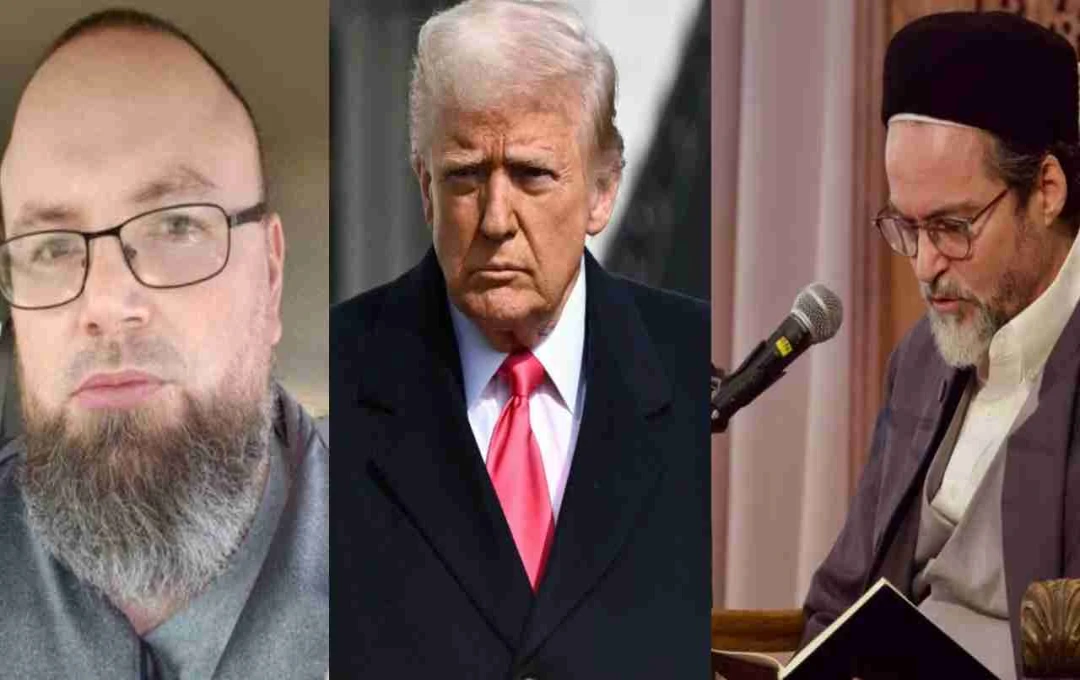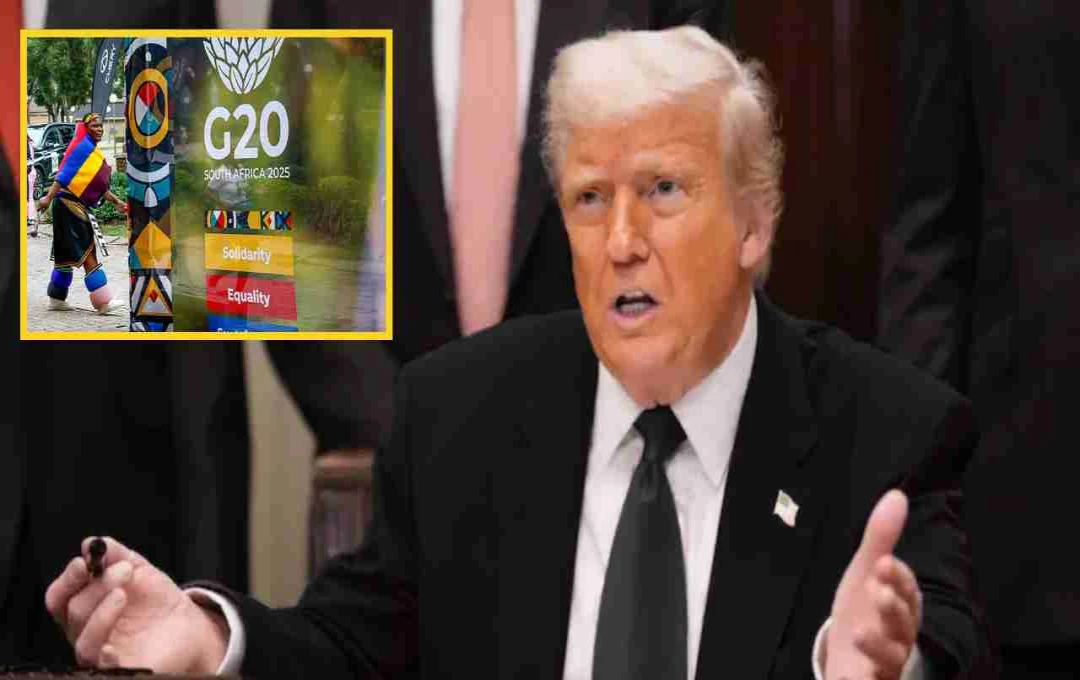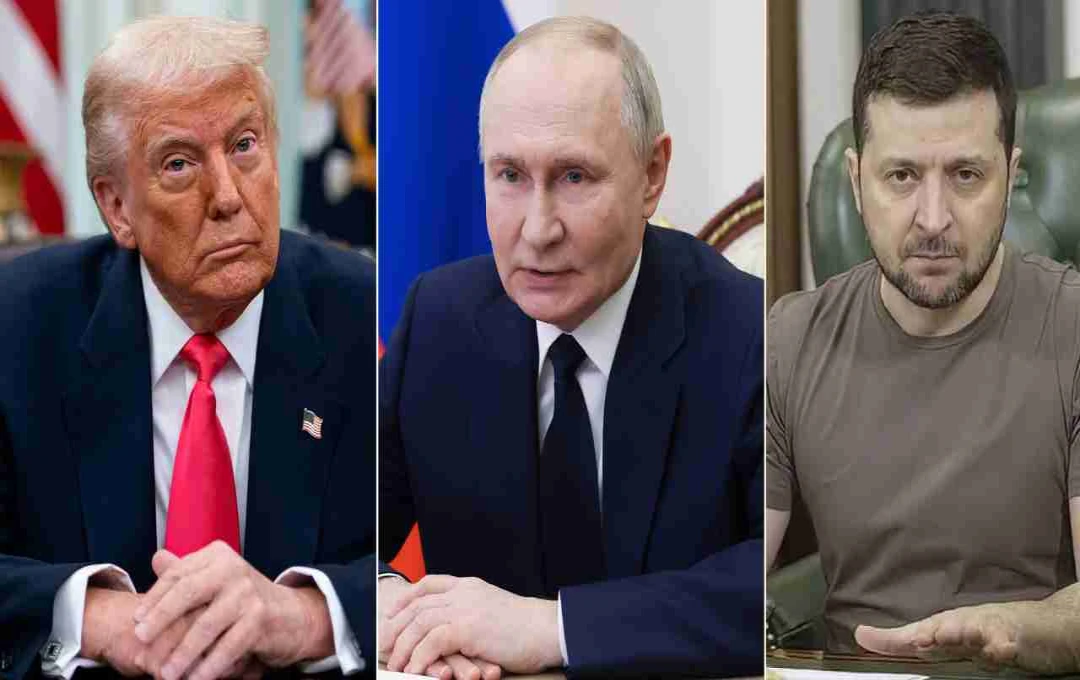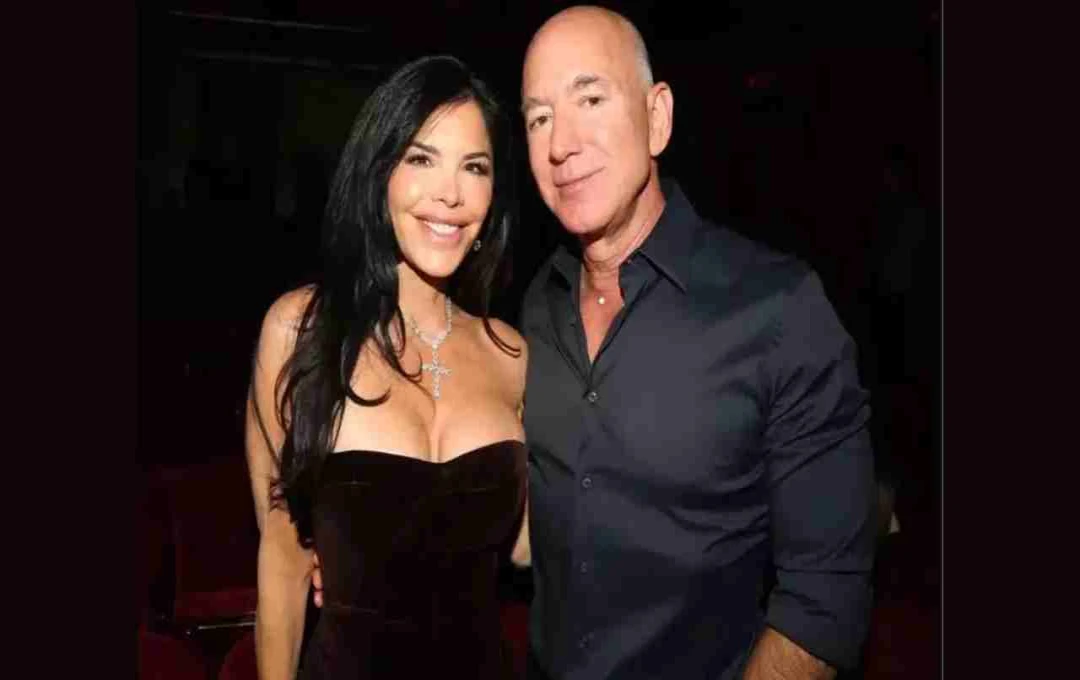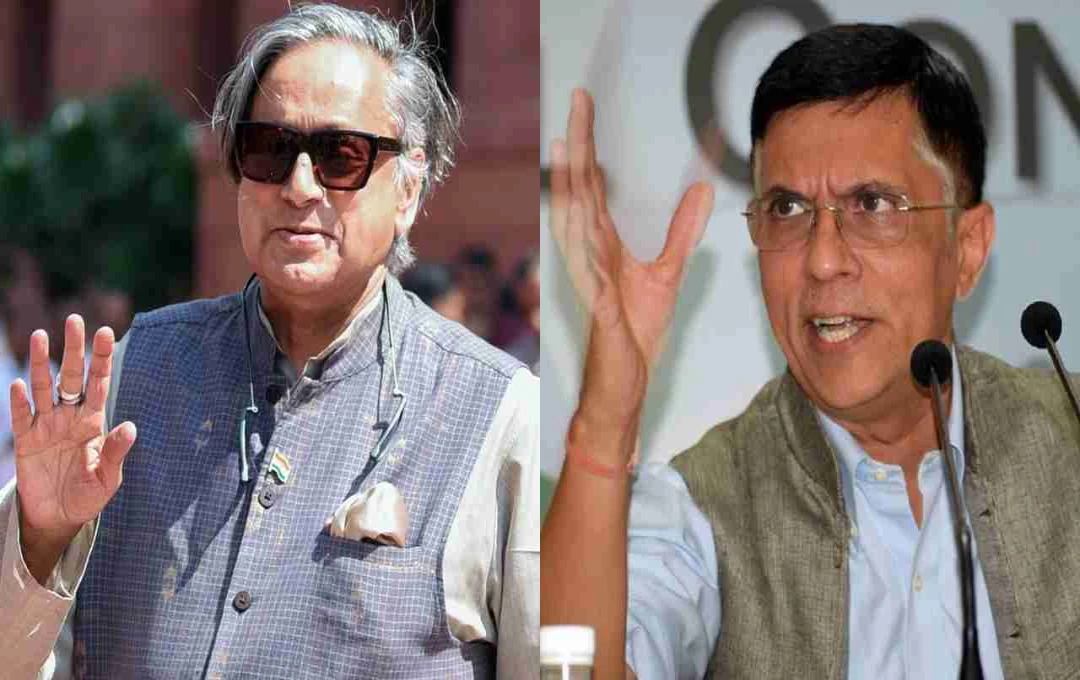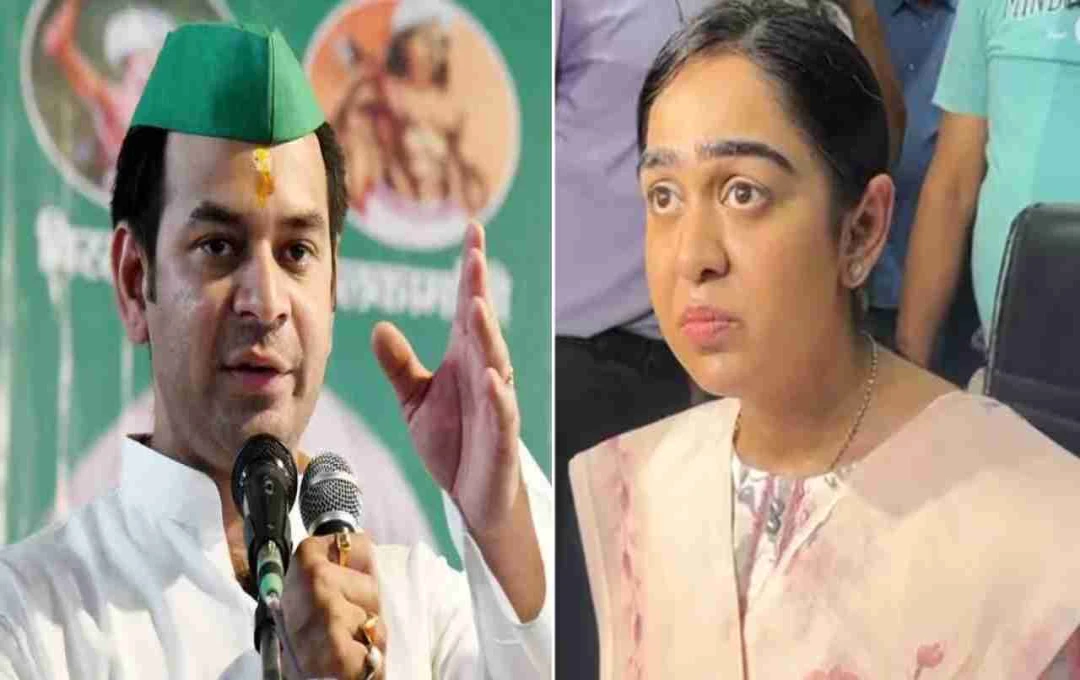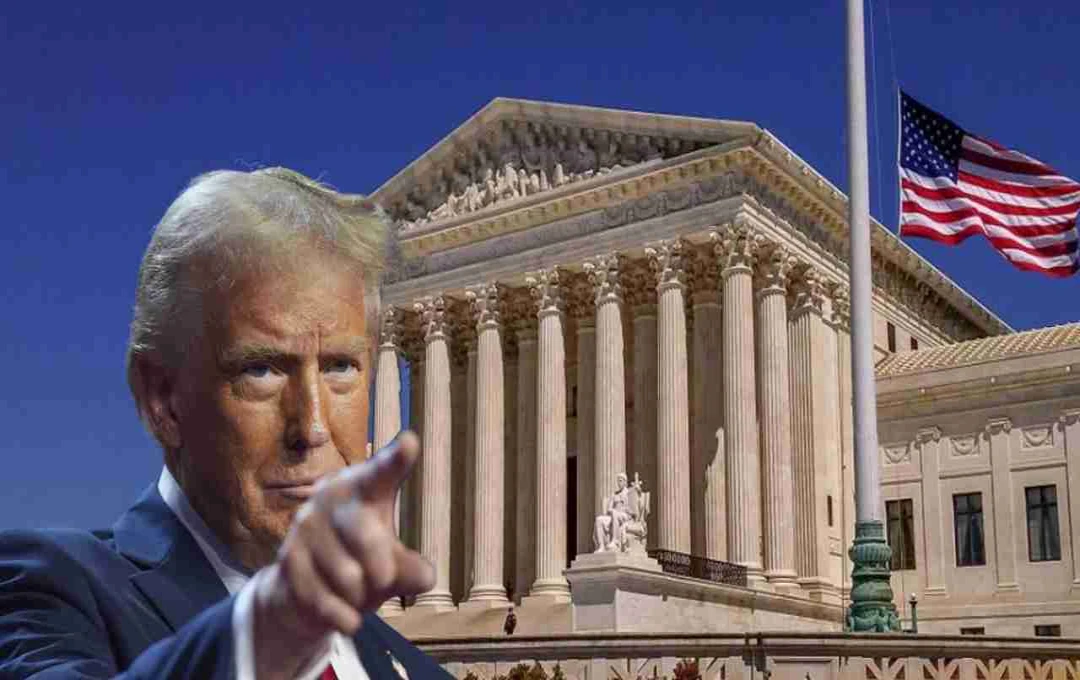Trump Administration Appoints Two Former Jihadists as Religious Freedom Advisors, Sparking Controversy in the US.
America: The Donald Trump administration has appointed two individuals with alleged significant terrorist ties to the White House's Advisory Board on Religious Freedom. Ismail Royer and Sheikh Hamza Yusuf are among those whose appointments have drawn widespread criticism both domestically and internationally.
Ismail Royer: Links to Lashkar and Al-Qaeda
Ismail Royer, whose real name is Randall Todd Royer, served prison time for involvement in terrorist activities. He converted to Islam in 1992 and, while working with Bosnian refugees, showed an inclination towards extremism. He was also associated with the Council on American-Islamic Relations (CAIR) for a period.
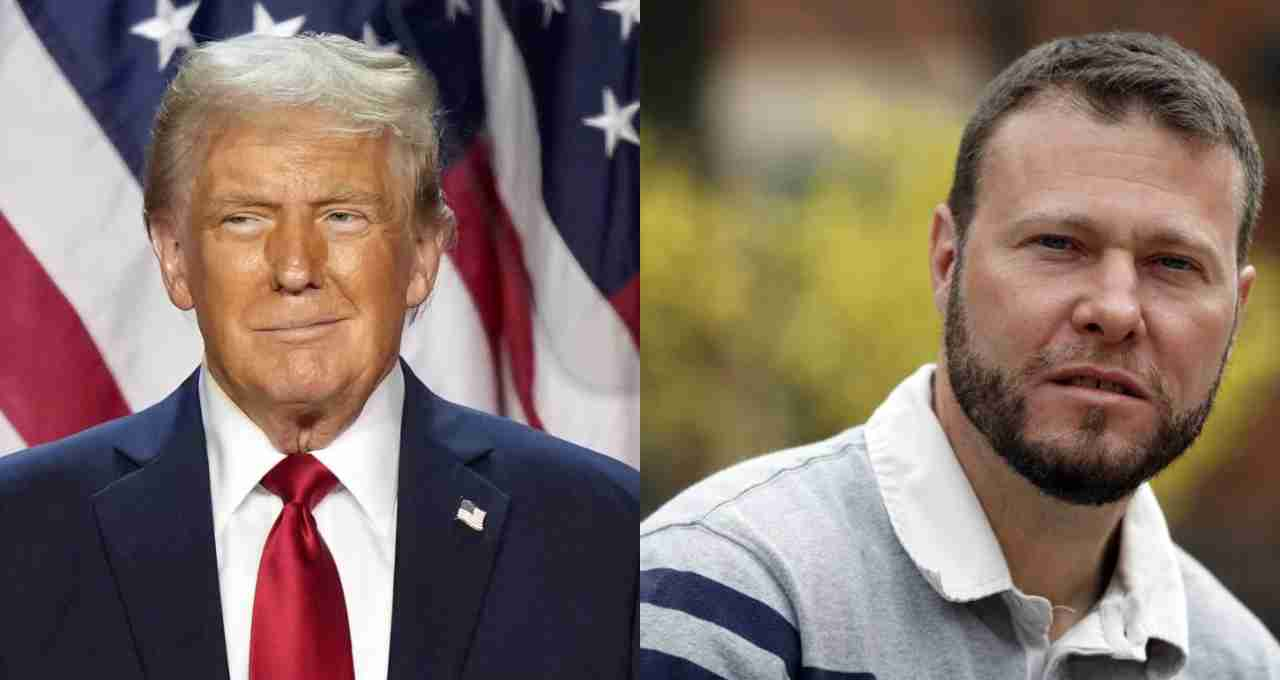
According to a Washington Post report, Royer was charged in 2003 with providing material support to Lashkar-e-Taiba and Al-Qaeda and conspiring to wage war against the United States. In 2004, he pleaded guilty to aiding in the use of weapons and explosives, resulting in a 20-year sentence. However, he was released in 2017 after serving 13 years.
The White House's Justification
The White House defended Royer's appointment, stating that he had received religious instruction from mainstream Islamic scholars and worked with various Islamic non-profit organizations for over a decade.
In an interview, Royer admitted to establishing connections with Lashkar and encouraging American Muslims to train with them. He described it as a promotional camp involving firearms training and outdoor activities in the mountains.
Sheikh Hamza Yusuf: Links to Hamas and the Muslim Brotherhood?
The other controversial appointee is Sheikh Hamza Yusuf, co-founder of Zaytuna College in California. According to journalist Laura Loomer, Yusuf has had connections with organizations like Hamas and the Muslim Brotherhood.
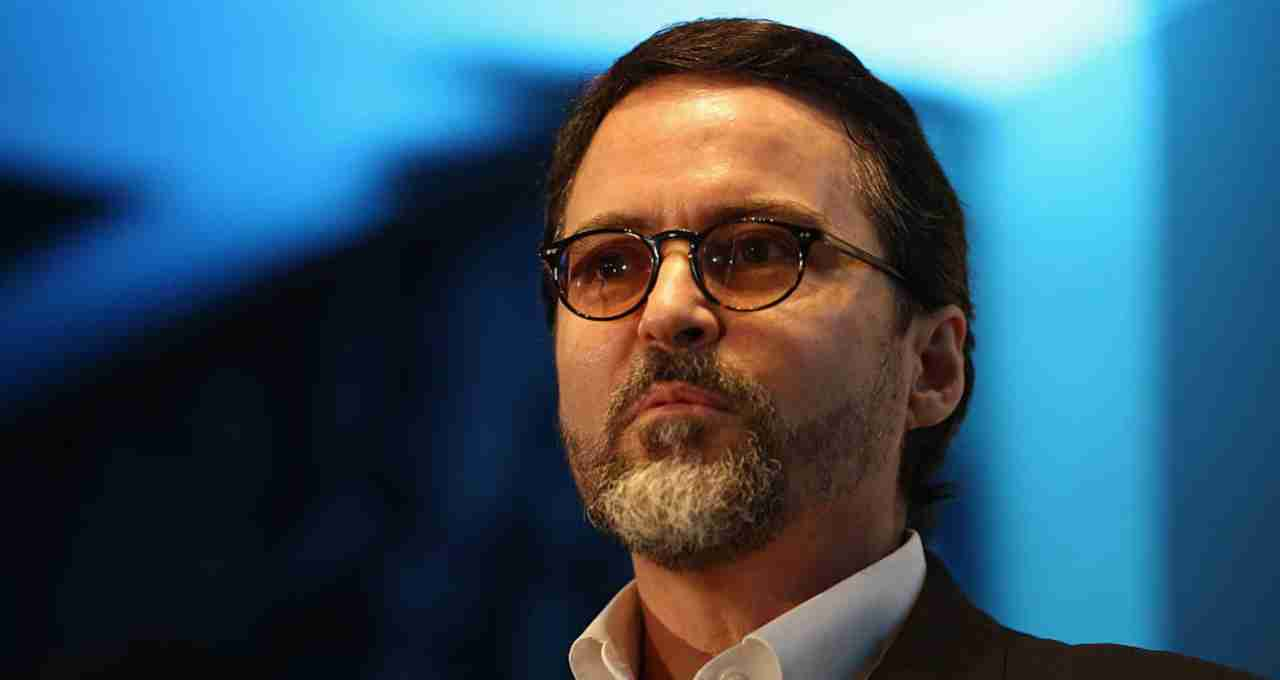
Two days before the 9/11 attacks, he spoke at a fundraiser for an individual facing trial for the murder of a US police officer. He described the US as racist and claimed the defendant was framed. He also denounced the trial of Sheikh Omar Abdel Rahman, convicted for the 1990s New York City bombings, as unjust.
Following the 9/11 attacks, the FBI questioned Sheikh Hamza. He also opposed the British government's sale of arms to Israel.
Criticism of the Administration and Global Concerns
The appointments of both individuals have drawn criticism not only within the US but also globally. Many argue that including such individuals on a board dedicated to religious freedom raises serious questions about both security and ethics. This decision is seen as potentially damaging to America's global image.
